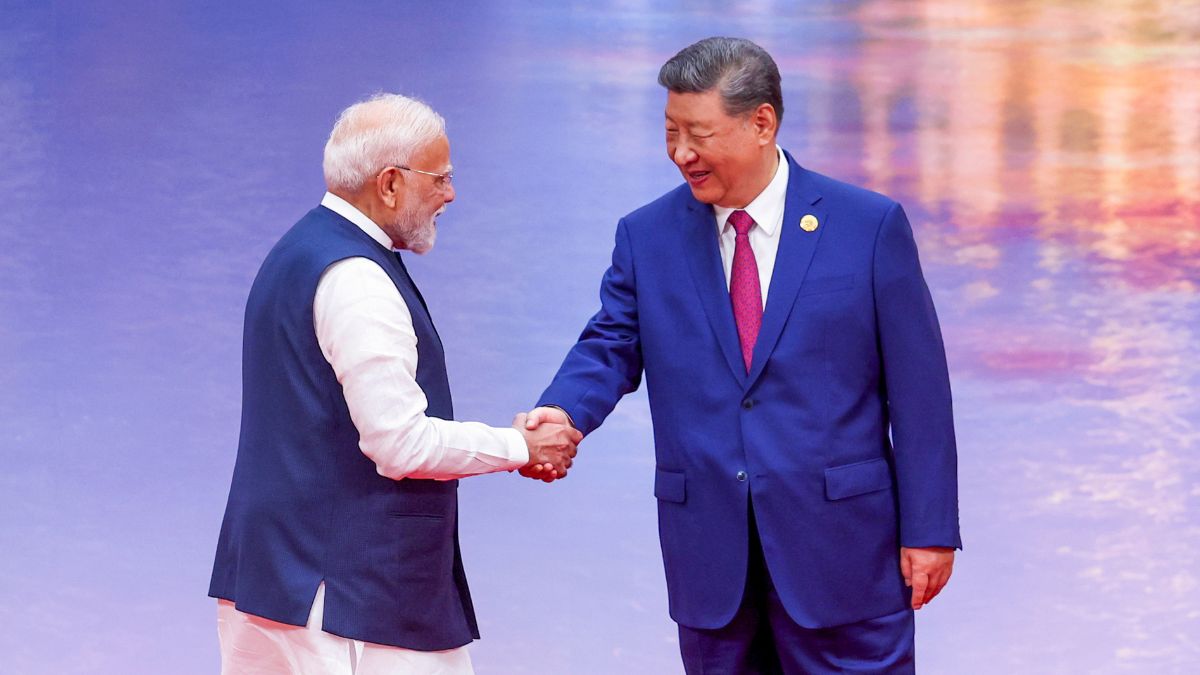China’s state media ‘Global Times’ lashes out at Western media for ‘lack of respect for India’
 Prime Minister Narendra Modi and Chinese Xi Jinping | PTI
Prime Minister Narendra Modi and Chinese Xi Jinping | PTI
Indian Prime Minister Narendra Modi’s recent visit to China for the SCO Summit - a landmark event that happened just after the Trump administration imposed a 50 percent tariff on India - gained global attention for its geo-political symbolism. International media reported in detail about the thaw in India-China relations, terming it “a message for Trump.”
While India has yet to acknowledge the Trump factor as the reason behind the recent thaw, Chinese state-backed media ‘Global Times’ has hit out at Western media for their “snide remarks,” stating they reflected “lack of respect for India”.
An editorial that appeared in ‘Global Times’ on Wednesday lashed out at Western establishment media for rushing to issue a series of snide remarks, while “disregarding the fact that Beijing and New Delhi are making strategic choices based on their own interests.” Global Times singled out the New York Times and Fox News for describing Modi's first visit to China as a mere side effect of the US tariff war. It suggested that such rhetoric reflected the “Western anxiety and discomfort” over the thaw in the relationship. “They failed to recognise that the thaw in China-India relations is an inevitable trajectory driven by multiple shared interests,” the report read.
The warming of China-India relations is not a "side effect" of the US tariff war but a proactive choice for the future made by both nations, the editorial said, adding that signs of a thaw appeared long before. “Chinese President Xi Jinping met with Modi on the margins of the BRICS Summit in Kazan last year,” Global Times said, adding that the Tianjin meeting was just a continuation of what happened in Kazan. It argued that these friendly interactions proved that the thaw was a sustained process, driven by their shared commitment to win-win cooperation rather than the external pressures portrayed by Western media.
The report also quoted Long Xingchun, a professor from the School of International Relations at Sichuan International Studies University, who said the reports from Western media typically reflected a “black-and-white, friend-or-foe' mindset.”
"Such narratives also show a lack of respect for India. As a major sovereign power, India has independent diplomacy and strategic autonomy, and regarding its foreign relations, it makes its own decisions based on its own principles and interests," Long told Global Times.
It accused the Western media of having rigid thinking that prevented them from grasping the internal logic of China-India relations. The editorial also mocked that these snide remarks were little more than expressions of discomfort on seeing the global power shift towards the East. “They have observed that major developing countries are moving closer to each other, which makes them upset,” it read.
World